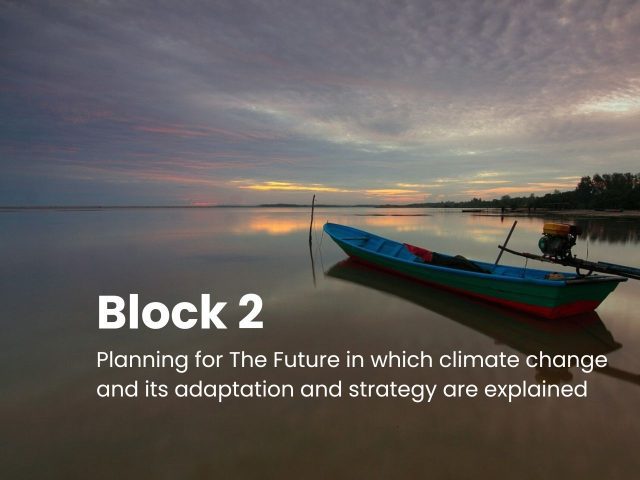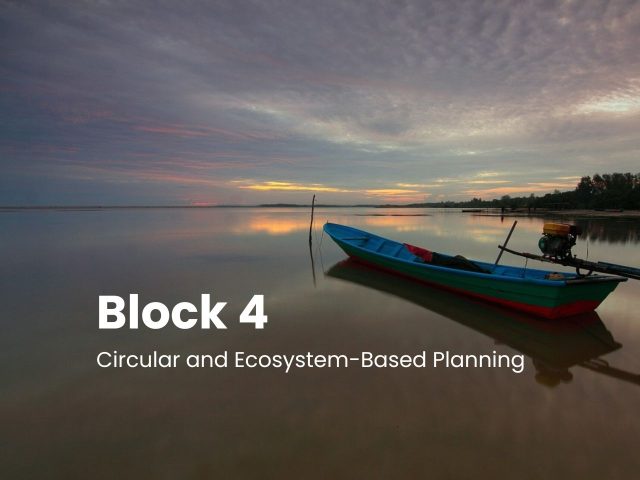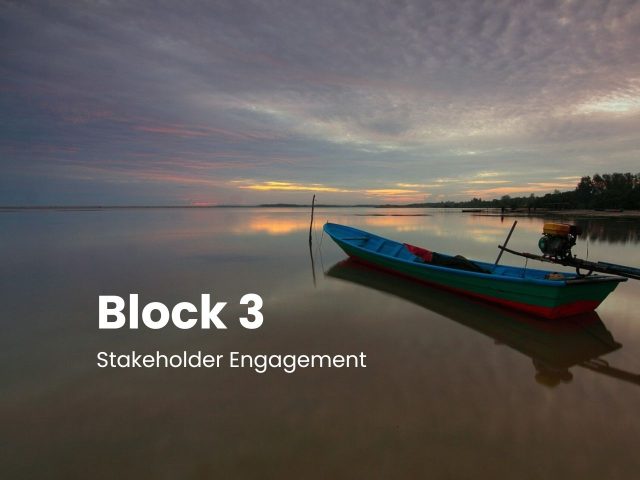River Basin Management Academy (RBMA) is a six-block tailored-made training and capacity building program for the Water Resources Agency of the East Java Province civil servants, collaborating with Nuffic, HZ University of Applied Sciences and The Water Agency.
The main goal for the training is to make the knowledge transfer and transformation happen between the Welang Masterplan consortium to the Province’s civil servants. This knowledge transfer on integrated river basin management could be repeated in the coming years for new employees of the Province to provide opportunities for life-long learning as per the Sustainable Development Goals 4 agenda.
The program consists of 6 learning blocks and this article includes resources for Block 2: Planning for The Future in which climate change and its adaptation and strategy are explained.
Course Content: Block 2 – Planning for The Future in which climate change and its adaptation and strategy are explained
2.1 – Introduction to Climate Change
Indonesia is ranked in the top-third (59th out of 191) of countries in terms of climate risk, with high exposure to all types of flooding, and extreme heat. The intensity of these hazards is expected to grow as the climate changes.
Without effective adaptation, population exposure will also rise. For example, the population exposed to an extreme river flood could grow by 1.4 million by 2035–2044.
This high population density in hazard prone areas, coupled with strong dependence on the country’s natural resource base, make Indonesia vulnerable to the projected climate variability and climate change.
These impacts of climate change will be felt across multiple sectors and regions. The ADB estimates that by 2100, the impacts of climate change could cost between 2.5–7% of the country’s gross domestic product (GDP), with the poorest bearing the brunt of this burden. (INFORM Risk Index, 2019)
Part 1
Part 2
Part 3
Part 4
Go To the Next Page To Continue





